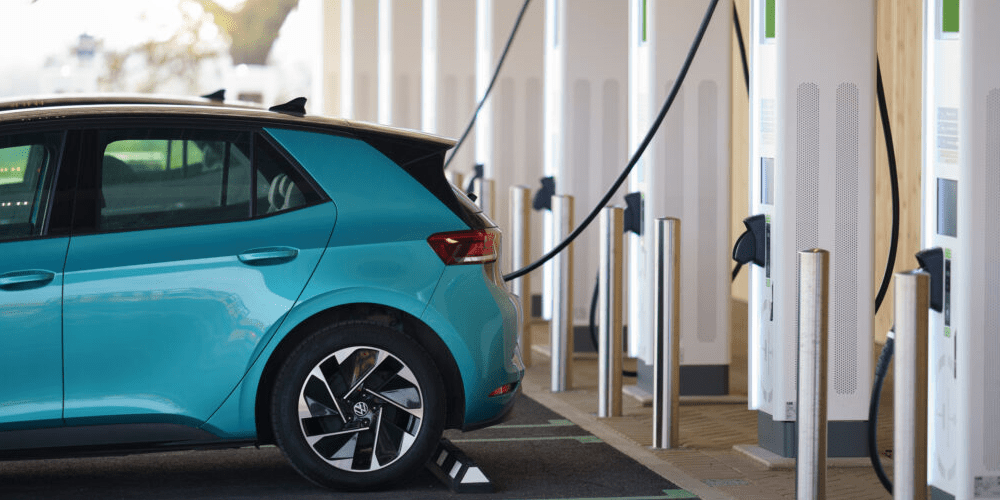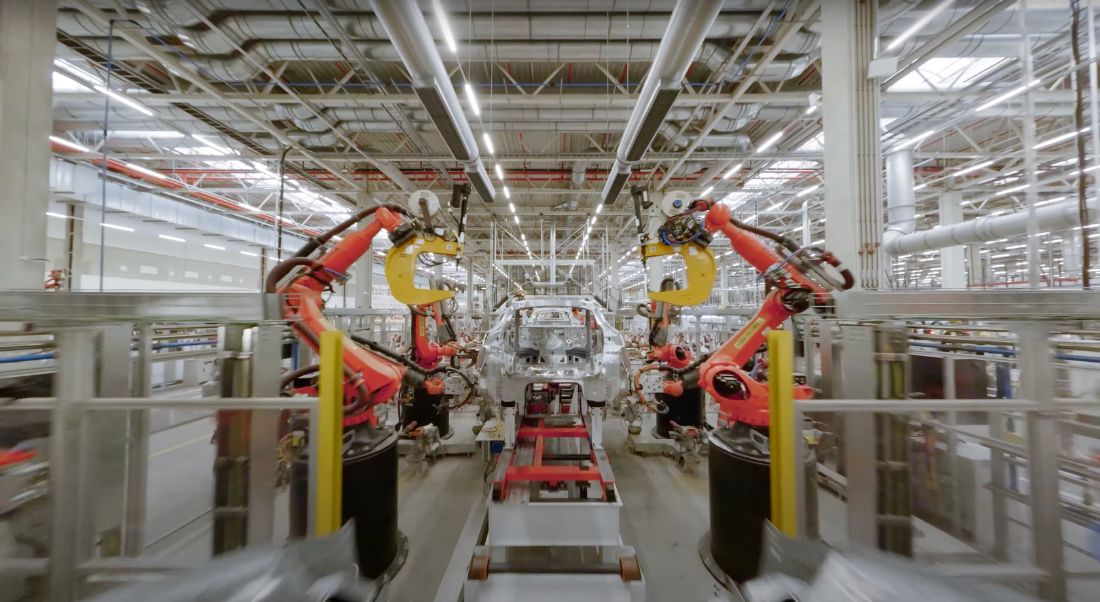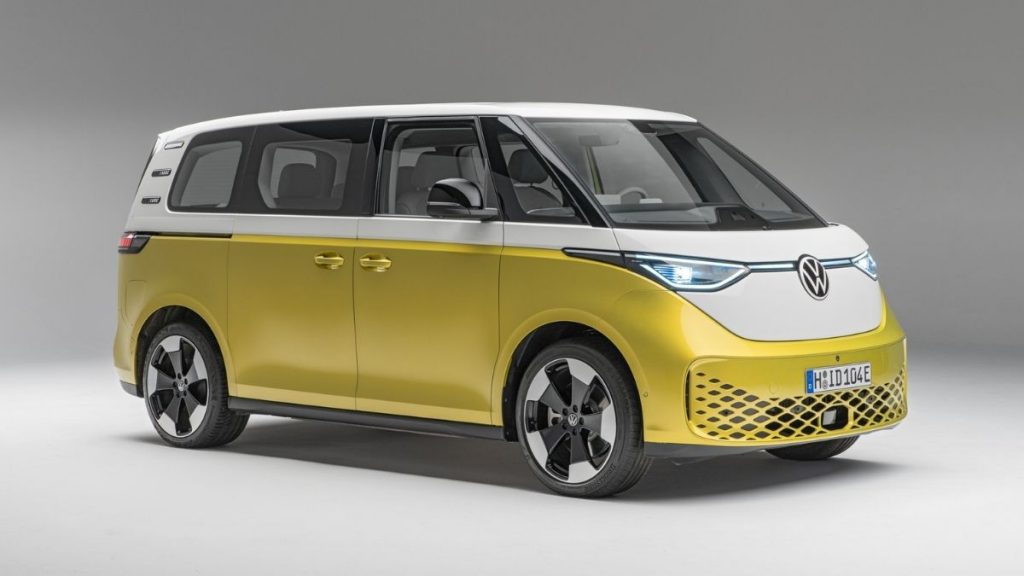The European Parliament has passed a new law that would prohibit the sale of all petrol and diesel-powered vehicles in the EU by 2035. The law, which was approved on February 1st, aims to encourage consumers to opt for electric powertrains in an effort to reduce greenhouse gas emissions and help the EU achieve its ambitious climate goals.
Under the new law, all car manufacturers must achieve a 100% cut in CO2 emissions for all new cars sold by 2035, effectively eliminating the possibility of selling any gas or petrol-fueled engines in any of the 27 EU countries. The legislation also aims to set new performance standards for new cars and vans in line with the EU’s climate goals.
See also: 27 European countries to stop selling cars with internal combustion engines by 2035
The push for a transition to all-electric powertrains is backed by the fact that the operating costs of an electric vehicle are already lower than those of a vehicle with an internal combustion engine. However, the initial costs of electric vehicles need to be reduced, which can be achieved through manufacturers scaling up EV technology and finding more affordable battery materials and packs.
The law also includes a target to cut 55% of CO2 emissions for all new cars sold from 2030 onwards, with the existing target being 37.5%. The EU Parliament has also stated that all cars, including commercial vehicles, must be CO2 neutral by 2050.
While Italy, Portugal, Bulgaria, Slovakia, and Romania sought to delay the sales ban in mid-2022, several car companies, including Volkswagen, have already committed to phasing out ICE cars in Europe before the 2035 goal. VW, for instance, plans to phase out ICE cars in Europe by 2033.
See also: Ford Supports European Sales Ban on new ICE cars from 2035
The EU’s move to restrict the sales of gas-powered engines follows a global trend, with California having passed a similar law last year, banning combustion engine sales by 2035. The new EU law still has to be formally endorsed by the Council later this year.







